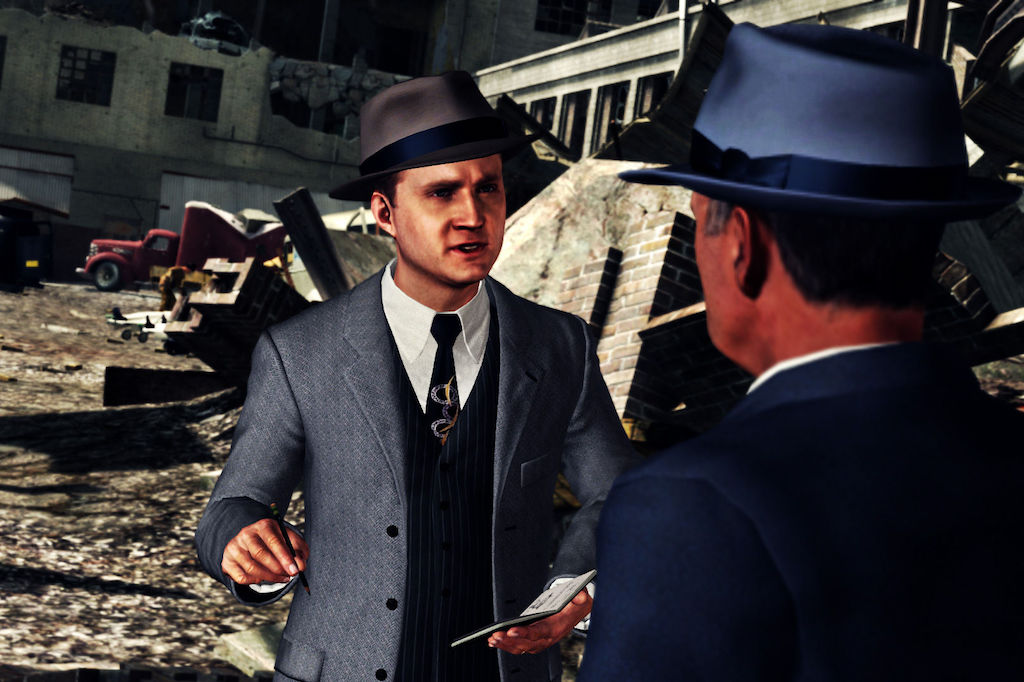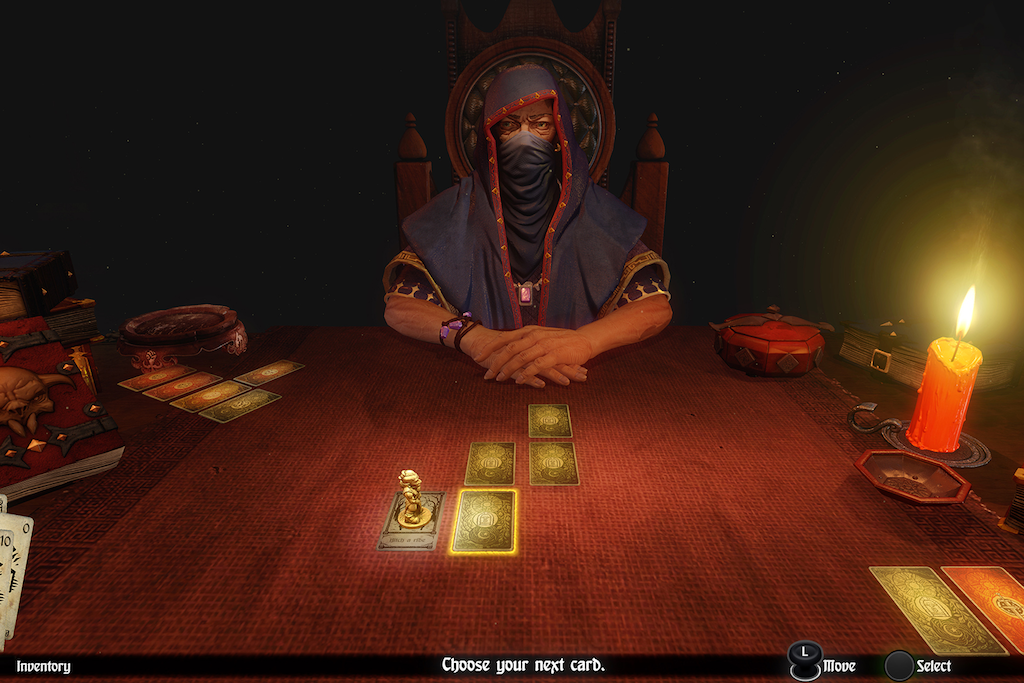The Interactive Games Fund: What Is It, And Why Is It So Important?

At the turn of the millennium, it seemed like the Australian games industry could do anything.
Fresh out of high school and rolling straight into university to pursue a career in game development, me, my friends and others like me all across Australia were looking forward to securing a job in an industry that seemed to be on the up and up. Thanks to a favourable exchange rate and a growing console market, the Australian games industry was booming.
Powering this expansion was a simple and effective process. Big name overseas studios like Warner Bros, LucasArts or 2K needed development done (usually on console or handheld ports), and they needed it done well, and they needed it done cheap. With an established knowledge base, a high level of tech literacy, and two Australian dollaridoos for every US dollar, our wide brown land was the place to be.
This success story allowed us to reinvest in our original IP and pitch for even more advanced work, pushing the industry further and further. Games like LA Noire, Destroy All Humans!, Borderlands: The Pre-Sequel, De Blob and many others blasted into life, pushing the Australian development scene into the global public eye.
Then the global financial crisis came along.
While a wave of devastation ripped across the US, the effects were felt just as keenly by the rest of the world. In the space of just a few short years, the Australian games industry buckled and collapsed as the international funding that we so critically relied on dried up and disappeared.

‘LA Noire’ from Team Bondi
Our leading studios like Krome, Pandemic, 2K Australia, Blue Tongue and Team Bondi bit the dust along with countless other smaller development houses, dumping hundreds of talented and dedicated people into the streets and into the unemployment queue. Every month there was another round of layoffs; every month there was another developer on a plane to the USA, Canada, anywhere really – departing to find work in another country with a functioning and welcoming games industry.
In 2007 the Australian games industry boasted 1431 full-time employees. By 2012, that had dropped to just 581. It was, by any measure, a brutal and bloody time.
A crater like that takes a long time to climb out of, but climb out of it we did. From the ruins of an industry largely built around work-for-hire, a more agile industry built around smaller original IP sprang forth, giving birth to titles like Hand of Fate, Armello, Crossy Road and, of course, Fruit Ninja. Today, the Australian games industry is hovering somewhere around 900 people (official figures) or 1300 people (unofficial figures). Some big names like Wargaming (Sydney) and EA FireMonkeys (Melbourne) still continue to dominate, although a recent downsizing at FireMonkeys has some employees there worried.
The history of the Interactive Games Fund is, in many ways, a microcosm of Australian politics.
Although it can be depressing to imagine where things would be now if the GFC had never happened, we can take some solace from realising that, all things considered, we have done a damn good job of picking ourselves up and dusting ourselves off. And much of that recovery would simply not have been possible without funding assistance from various governments, which is where the Interactive Games Fund comes in.
The history of the Interactive Games Fund is, in many ways, a microcosm of Australian politics.
First announced back at the end of 2012 under then-Labor Arts Minister Simon Crean, the fund allocated a total of $20 million under the supervision of Screen Australia to support and grow the Australian games industry. Defiant Development, Voxel Agents, League of Geeks and others were among the first recipients of this much-needed cash.
Then, 18 months later and with $10 million still unspent, the Interactive Games Fund was killed off. Warning us all that “the age of entitlement is over,” Liberal Treasurer Joe Hockey took an axe to the fund in his maiden May 2014 budget (the same budget which included $250 million for a national school chaplain program) and threw the remaining $10 million into other projects, like an eSafety Commissioner to prevent cyber-bullying.
And that, for the last five years, has been that. For many younger game developers, it was an unwelcome introduction into the ongoing war that conservative governments have waged against the arts sector for decades, while for others it was just another brutal kick to the guts as they were just beginning to get their hopes up.
Australia’s game developers have kept themselves busy since then churning out absolutely killer titles and winning prestigious awards, but talk to anyone in the industry and you’ll find that the question of funding is never far from their lips. If you’ll forgive a heavy-handed video games analogy, the industry remains in survival mode – keeping costs low, running close to the bone, and hounded by the constant knowledge that it could all go very wrong, very fast.

‘Hand of Fate’ – Defiant Development
Now, as another election looms, the Labor party is wheeling out the Interactive Games Fund again, and there’s another $5 million in the pot as a sweetener. The announcement was received enormously positively, with some of our biggest names sharing concrete examples of how the seed money received back in 2012/13 allowed them to get off the ground and make their studios what they are today.
But, of course, this is Australia and that means we need to point out that when Labor does something actually good and progressive, they are almost certainly following suit from something the Greens already announced. And indeed, during the many by-elections triggered by the 2018 Citizenship Crisis, the Greens pledged no less than $100 million dollars in support to the Australian game development industry, a pledge that they have since reaffirmed and expanded in the leadup to this election.
While $100 million is certainly more than $25 million (obligatory reminder that this is Australia, we don’t have a two-party system, and you can’t waste your vote) at this point after so many years of starvation, the actual dollars figures seem almost secondary to the feeling of – for the first time in a long time – hope. With Labor ahead in the polls, it feels almost safe to hope again that our industry might actually get the kind of attention and support that countries like the US, the UK or Canada provide to theirs.
Imagine what a $100 million injection could return in a few years time?
The simple fact of the matter is that video games take a lot of money to make, and almost as much again to market. Those annual Call of Duty instalments cost anywhere from $50 million to $100 million to make, with nearly $40 million of that being marketing costs alone. If Australia wants to ever make it into the big leagues and start playing with the AAA studios, it’s going to need a serious cash injection from a government who is genuinely interested.
The good news is that in the 18 months the Interactive Entertainment Fund was operational, it had already become self-sustaining. Speaking to Kotaku, Ashley Ringrose of SMG (Death Squared, OTTTD) pointed out that from the $150,000 they received, they had now repaid “more than 10x that in tax alone.” Imagine what a $100 million injection could return in a few years time?
To a certain extent, Australians have always loved being the scrappy underdog, and if the Coalition is returned to power on May 18, we will continue to find our own ways to succeed in a scene dominated by billion dollar companies. But if the stars line up just right, this could be the – forgive me – the game changer that we need. Video games are a $137B global industry, and Australia has all of the talent, experience and hunger needed to be a part of this huge and growing market.
All we need is someone to light the match.
Tim Colwill is an organiser with Game Workers Unite in Australia, a trade union officer, and a former game developer and game journalist.



